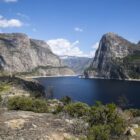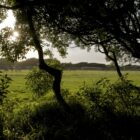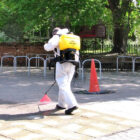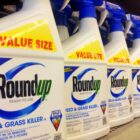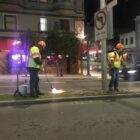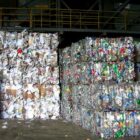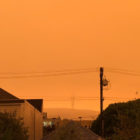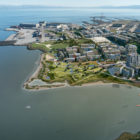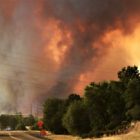When San Franciscans hike up Twin Peaks or stroll through Glen Canyon Park, they could be exposing themselves to an herbicide that some studies have linked to cancer. But thanks to growing concerns about public health and liability, their risks are substantially lower than they were five years ago, when the city used 20 times as much of the chemical.
That chemical is glyphosate, the key ingredient in Monsanto’s top-selling weedkiller, Roundup. Monsanto owner Bayer agreed in June to a settlement of more than $10 billion with plaintiffs in thousands of pending lawsuits over claims Roundup caused cancer.
As legal victories against the company pile up, Bay Area cities have faced a tough choice — keep using a chemical that evidence increasingly shows is dangerous and exposes them to the legal liability it entails or switch to other, often less effective methods. San Francisco has limited its risk through a strategy known as integrated pest management and its move to scale back dramatically on glyphosate since 2015.
